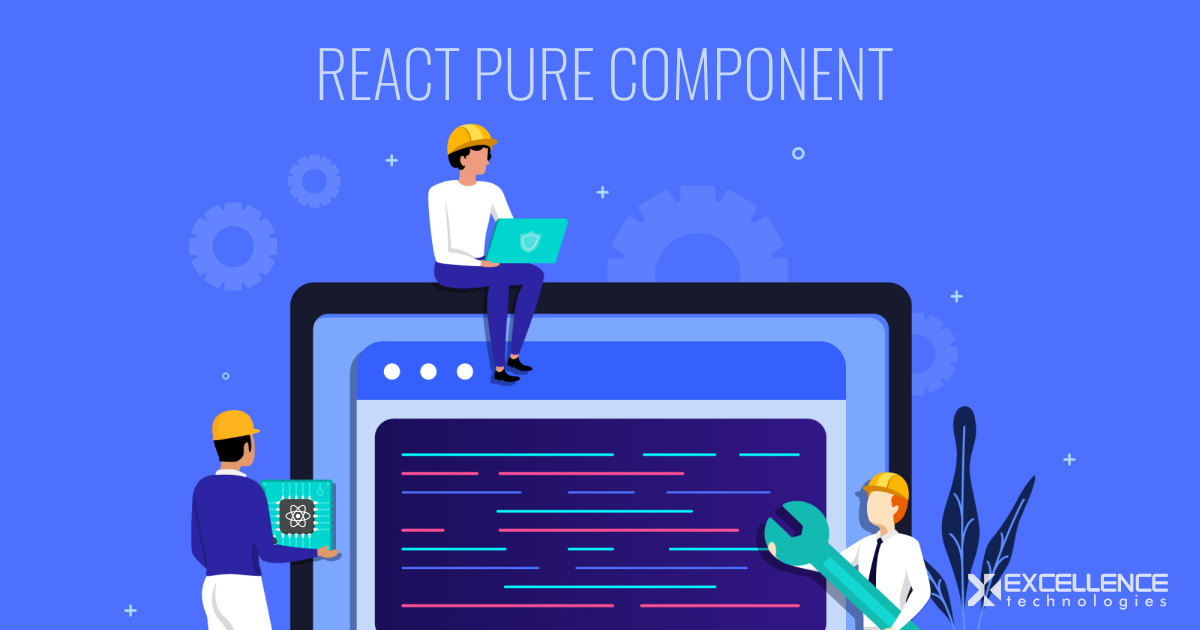[React React Native]

[Mobile Apps React Native]
[Mobile Apps React Native]
Firebase is a really great backend tool which works very well with mobile apps and web apps as well.
Firebase allows you interact with cloud database and write backend api function using javascript. So if you are a frontend javascript developer, using firebase you are able to easily write backend code in your application.
At first we are not easily convinced about Firebase, but after using it in action it seems like Firebase may be able to speed up conventional mobile and web app development — by a lot!
[React Native Web Application]
Recent Posts
Categories
- advanced
- angular
- angularjs
- back-end-amp-database
- beginner
- blockchain
- cloud-infra-and-dev-ops
- deep-learning
- devops
- directives
- django
- ec2
- ecommerce
- express
- flutter
- general
- graphql
- ionic-framework
- machine-learning
- magento
- mean-stack
- mobile-apps
- mongodb
- mongoose
- nlp
- nodejs
- phonegap
- python
- react
- react-native
- responsive
- responsive-design
- socket.io
- uncategorized
- vuejs
- web-application
